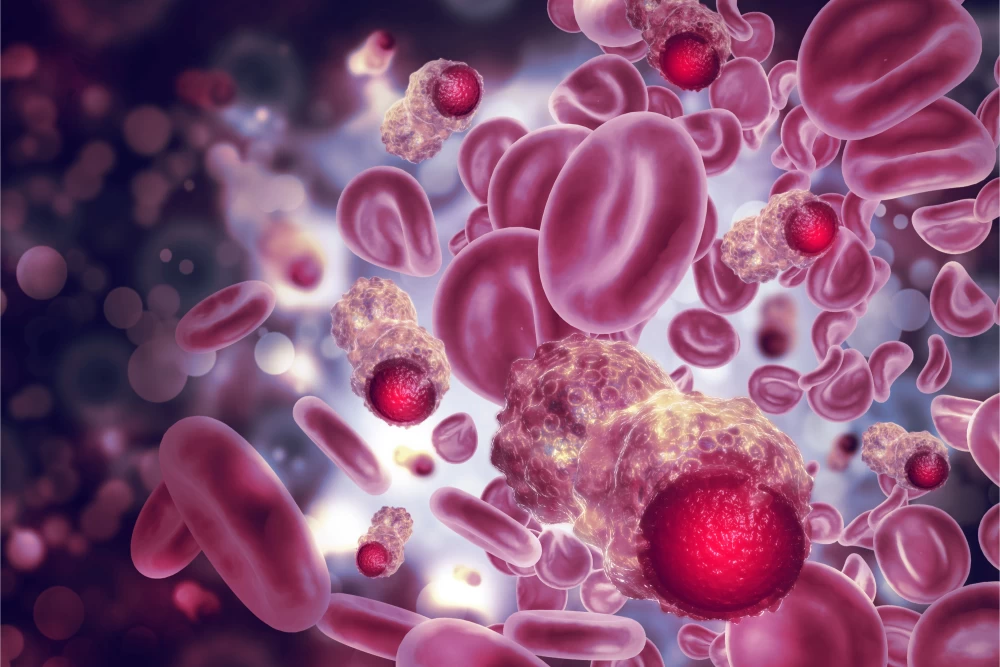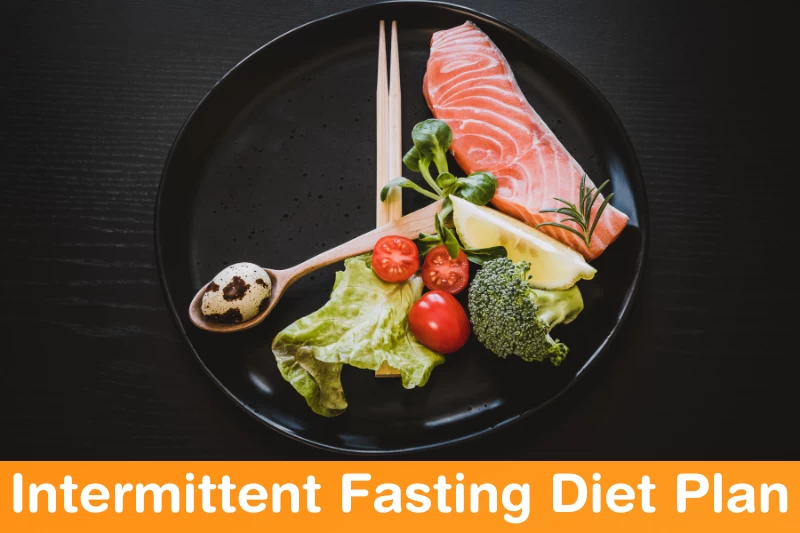
- 26th April 2023
Table of Contents
How does Intermittent Fasting work?
In intermittent fasting, you reduce your caloric intake by alternating periods of eating and fasting. The most common form of this diet is the 16/8 method, in which participants fast for 16 hours and then consume all of their daily calories in a single 8-hour window. Other strategies include time-restricted eating and fasting every other day. Intermittent fasting has been shown to help repair damaged cells and lower oxidative stress, two factors that have been linked to an increased risk of cancer. In addition, research conducted on animals suggests that intermittent fasting can boost the efficacy of chemotherapy by shielding healthy cells from the toxicity of the latter. Note that studies on the effects of intermittent fasting on cancer are still in progress; until then, don't count on it as a treatment or cure. However, if well-planned, intermittent fasting can help reduce cancer risk factors and improve overall health, it may be worth incorporating into an already healthy lifestyle.
How Does Individual Factor (IF) Impact Cancer Risk?
Several medical conditions, including cancer, have been the focus of research into the effects of intermittent fasting (IF). By promoting metabolic health and decreasing inflammation, IF has been linked in some studies to a reduced risk of developing certain types of cancer. Cancer treatments like chemotherapy and radiation therapy may be made more effective by IF, according to studies. The effect of IF on insulin levels is one potential pathway by which this factor influences cancer risk. Increased insulin levels have been associated with an increased risk of several cancers, including those of the breast, colon, and pancreas. Fasting intermittently (IF) can help regulate insulin levels and reduce the risk of these cancers by limiting calorie intake during fasting periods. Furthermore, there is some preliminary evidence that suggests intermittent fasting may increase the efficacy of chemotherapy while also shielding healthy cells from some of the treatment's side effects. Though more study is needed to draw firm conclusions, there are already compelling reasons for people to consider incorporating IF as part of a holistic approach to maintaining optimal health throughout their lives, especially in light of the link between the two.
How Might a Tumor Affect Development?
The progression of tumours is a major source of anxiety for cancer patients. Stunted growth is just one of many health problems that can arise from the unchecked proliferation of abnormal cells in the body. Tumor growth has been shown to impede normal organ and tissue function, which can slow a person's growth and development. Cancer, and the development of tumours specifically, can be prevented through the practise of intermittent fasting. Inhibiting the proliferation of abnormal cells that contribute to tumour formation and enhancing metabolic function are two of the main effects of a calorie deficit. Furthermore, it has been discovered that intermittent fasting can improve the efficacy of cancer treatments like chemotherapy by making cancerous cells more vulnerable to radiation or chemotherapy drugs. In general, it's important to think about how changes in your lifestyle, such as intermittent fasting, might affect your risk of developing tumours or your response to treatment.

How Can IF Be Used in Treatment?
The efficiency of chemotherapy treatments may be increased by engaging in intermittent fasting (IF) for cancer patients. Research shows that IF can increase the effectiveness of some chemotherapy drugs on cancer cells while reducing their toxic effects on healthy cells. The anti-inflammatory effects of IF have also been studied and found to be helpful for cancer patients undergoing treatment, as inflammation has been linked to a worsened prognosis. Furthermore, autophagy, the body's process of breaking down and eliminating damaged cells, has been shown to increase during intermittent fasting, which has been linked to improved immune function. Patients with cancer may benefit greatly from this because the elimination of damaged or mutated cells may prevent the spread of cancer. Although IF has shown promise in the treatment of cancer, much more study is required before any firm conclusions can be drawn.
The Results of the Research: What Do the Numbers Reveal?
The practise of alternating periods of fasting and normal eating has gained popularity in recent years as a means of reducing body fat and enhancing metabolic health. On the other hand, its potential health benefits in preventing and treating cancer have also garnered a lot of interest. Multiple studies have shown that by lowering insulin levels, reducing inflammation, and promoting cellular repair mechanisms, IF can help reduce the risk of certain cancers, including breast, colon, and pancreatic cancer. In addition, preliminary studies suggest that IF may improve the efficacy of chemotherapy treatments while reducing their adverse effects. Fasting before chemotherapy sessions has been shown to increase the sensitivity of cancer cells to treatment while protecting healthy cells from damage. However, additional human trials are required to validate these results. The available data thus far do show promise for this dietary intervention strategy to potentially benefit those with or at risk of developing cancer, although there is still much to learn about the relationship between IF and cancer prevention or treatment outcomes through further pre-clinical and clinical research.

Is It Safe? Possible Adverse Effects
People who want to get in better shape quickly are increasingly turning to intermittent fasting. However, many people are concerned about whether or not it is safe for people who already have cancer or who are at an increased risk of developing cancer. Few studies have looked at the effects of intermittent fasting on cancer patients, but those that have indicate it may be helpful. An increased risk of cancer has been linked to chronic inflammation, but one study found that intermittent fasting can help reduce this. Fasting has been shown to reduce insulin resistance and lower blood sugar levels, which may protect against cancers like breast and colon cancer. While preliminary evidence suggests that intermittent fasting may reduce cancer risk, more study is needed to draw firm conclusions. Before beginning an intermittent fasting regimen, people undergoing cancer treatment or who have been diagnosed with the disease should consult with their healthcare provider, as they should before making any dietary changes or starting any new treatment. This will guarantee that they are being cautious and protecting themselves from any potential negative outcomes that may result from this diet.














